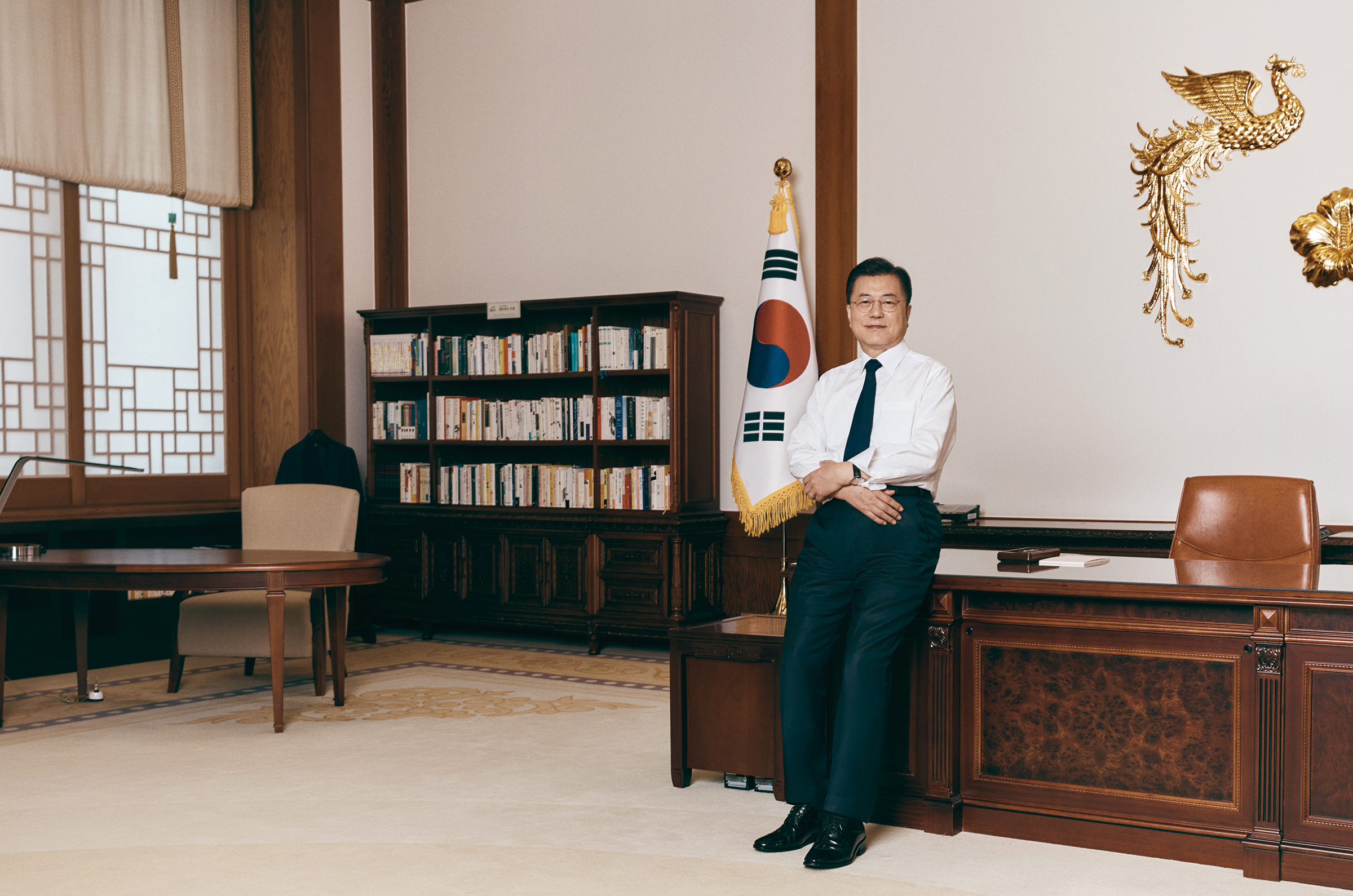2018 was a year in which the Korean peninsula stepped back from the brink of war and entered into negotiations for the first time in years. After threats of "fire and fury" from Trump, South Korean President Moon Jae-in invited a North Korean delegation to the 2018 Winter Olympics in Pyeongchang, and a total of 5 summits were held. However, after Singapore, progress stalled. Talks in Hanoi ended with no agreements, and things escalated pretty quickly from there, with Trump focusing more on domestic issues and North Korea once again becoming antagonistic. Because Moon is barred from serving more than one term, he knows that now is the time to act. Now, this picture has played out several times since the cease-fire of the Korean War: talks will stall, the sides will part, and any agreements will soon be ripped up by an incoming administration. In addition, North Korea has said it will only make concessions once sanctions are removed, which is a leverage point Washington is not willing to give up easily.
So what will become of this last chance? Biden recently met up with Moon and the pair signed several new deals, as well as releasing a statement that they will continue to coordinate in matters concerning the DPRK. Considering that both Seoul and Washington have progressive leaders in office, it could also be an opportunity for North Korea, and they seem to have recognized this, the state-run media releasing a report that Kim Jong-un is preparing for dialogue.
But even as President Moon looks to leave his legacy, it also seems to be deteriorating. A recent poll showed that his approval ratings are down, and his fixation on foreign affairs seems to have drawn supporters away. Many are concerned that he is trying too hard to be close to the North Korean dictator, and South Korea's vaccination rates are faltering.
People have tried and failed for 3 decades to solve the issue. "That might, after all, be Moon’s true legacy—the grim realization that if he couldn’t fix things, perhaps nobody can."
